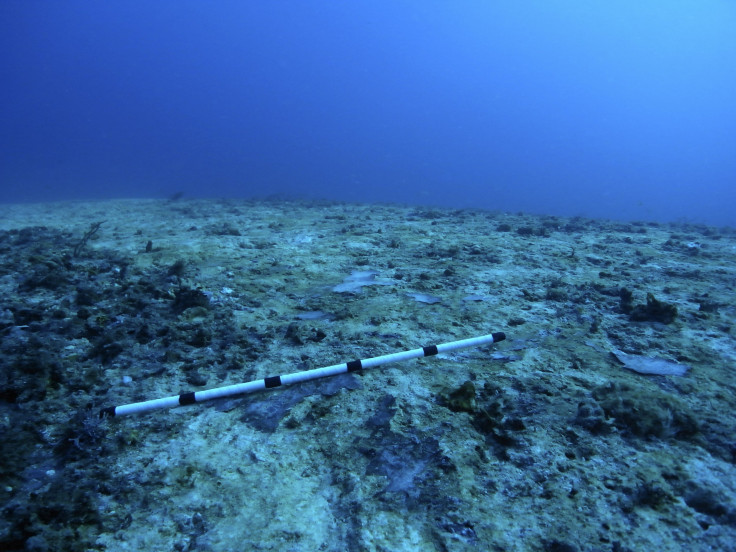Australia’s Great Barrier Reef’s water quality issues top priority; Taskforce recommends ways to spend $90M fund

Ineffective policies and poor communication are primarily responsible for the poor water quality in Australia’s Great Barrier Reef. The reef is currently experiencing massive coral bleaching and may soon become 100 percent bleached. The final report by the Great Barrier Reef Water Science Taskforce has put forward major concerns regarding the reef’s water quality. It stated that water quality improvement measures till date have been slow. Measures have failed even in maintaining the reef’s water quality.
The report has also stated that a tenth of graziers and half of cane farmers participated in at least some best management practices although half in most districts are still over-applying fertilisers. If other measures fail to work, a legal cap on the amount of fertiliser farmers can use needs to be implemented to combat the threats posed by nutrient, sediment and pesticide run-off.
“Resulting changes have not been rapid or widespread enough to improve or even maintain water quality on the Reef. The Queensland and Australian Government have not reached agreement about key catchment-scale delivery, this risks implementation failure for reef-wide water quality governance,” Chief Scientist Dr. Geoff Garrett said in the report.
The Queensland Government has allocated $90 million to improve water quality in the reef and the taskforce has made 10 recommendations on how to effectively use the money to save the Great Barrier Reef. According to the report, $33.5 million should be spent on two particular problem areas, Burdekin and Wet Tropics, for sediment, pesticide and nutrient loss.
Another $20 million should be spent on farmer incentives and that would include paying farmers to restore flood plains and wetlands and also temporarily destocking parts of their property. The reports mentioned that if water quality targets are to be achieved, transformational change should be brought in the next five to 10 years.
“We need a fundamental shift in the way land is managed. The challenge will be to lead a significant management change program across such a vast scale,” Garrett added.
RELATED: Australian scientists warn coal dust is an added threat to the Great Barrier Reef





















